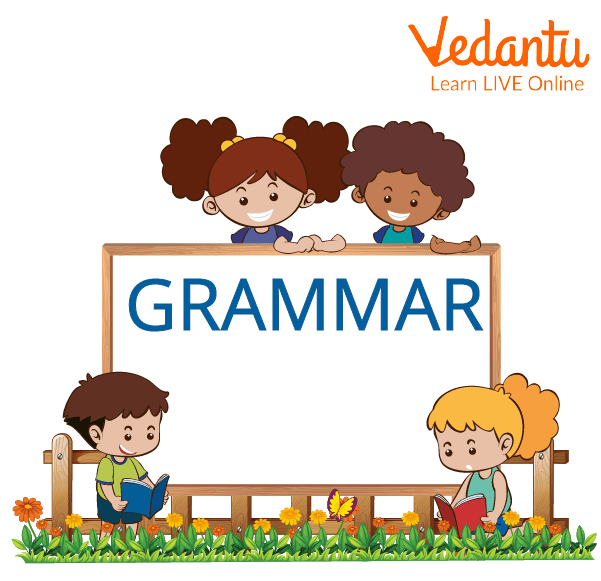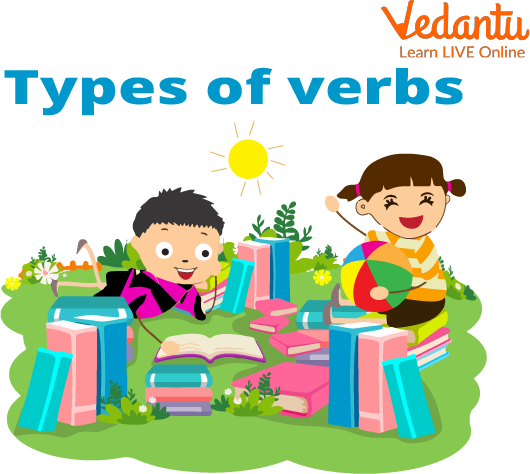Key Rules and Practice Questions for The Verb in Class 8 English Grammar 2025-26
FAQs on The Verb in English Grammar for Class 8: Syllabus & Practice Insights
1. What are the most frequently asked question types on 'The Verb' for the CBSE Class 8 English exam 2025-26?
For the Class 8 English exam, the most important and expected questions on 'The Verb' typically involve the following formats:
- Identifying Transitive and Intransitive verbs in given sentences.
- Filling in the blanks with the correct form of the verb according to tense and subject-verb agreement.
- Correcting sentences that have an error in verb usage.
- Distinguishing between a main verb and an auxiliary verb, including modal auxiliaries.
- Transforming sentences by changing the verb form as instructed.
2. How can I score full marks on questions asking to differentiate between Transitive and Intransitive Verbs?
To score full marks, you must first understand the core difference. A Transitive verb needs an object to make complete sense (e.g., "The cat chased the mouse."). An Intransitive verb does not need an object (e.g., "The baby laughed."). In an exam, simply labelling the verb is not enough. You must also identify and write down the object of the transitive verb to demonstrate complete understanding.
3. Which rules of Subject-Verb Agreement are considered most important from an examination perspective?
For your Class 8 exam, focus on these critical Subject-Verb Agreement rules, as they are frequently tested:
- A singular subject takes a singular verb (e.g., The boy plays).
- A plural subject takes a plural verb (e.g., The boys play).
- When subjects are joined by 'or' or 'nor', the verb agrees with the subject nearer to it.
- Indefinite pronouns like 'everyone', 'each', and 'nobody' always take a singular verb.
- Collective nouns (e.g., team, jury) usually take a singular verb when acting as a single unit.
4. What is a common mistake students make with verb forms (V1, V2, V3), and how can it be avoided?
A very common mistake is using the simple past form (V2) instead of the past participle form (V3) with auxiliary verbs like 'has', 'have', 'had', or 'was'. For example, writing "I have wrote the letter" is incorrect. The correct sentence is "I have written the letter." To avoid this, always remember that helping verbs like has, have, and had are followed by the V3 (past participle) form of the main verb.
5. Why is it important to distinguish between a main verb and a helping (auxiliary) verb for exam questions?
Distinguishing between them is crucial because it affects the entire structure of a sentence, especially in forming questions and negatives. The main verb shows the primary action or state of being (e.g., 'play' in "They play cricket"). The helping verb (e.g., 'are' in "They are playing cricket") helps the main verb to show tense or mood. In exams, identifying the correct helping verb is essential for tasks like framing questions (e.g., "Are they playing cricket?") and can carry significant marks.
6. How do non-finite verbs (gerunds, infinitives, participles) make a question more challenging or high-scoring?
Questions involving non-finite verbs are considered higher-order thinking (HOTS) questions because they test your understanding of a verb's function beyond just showing action. A non-finite verb can act as a noun, adjective, or adverb. For example, in "To err is human," the infinitive 'to err' functions as the subject (a noun). Recognising these functions is key to solving complex sentence analysis or synthesis questions, which often carry more marks than simple fill-in-the-blanks.
7. How do modal auxiliary verbs like 'must', 'should', and 'may' affect the meaning in sentence correction questions?
Modal auxiliary verbs are critical in sentence correction or transformation questions because they define the tone and intent of the sentence. Using the wrong modal can completely change the meaning. For example:
- 'You must complete the homework' implies a strict obligation.
- 'You should complete the homework' implies advice or a recommendation.
- 'You may complete the homework' implies permission.
Exam questions test this nuance, and choosing the correct modal based on the sentence's context is essential for scoring well.


























